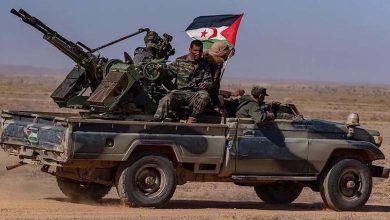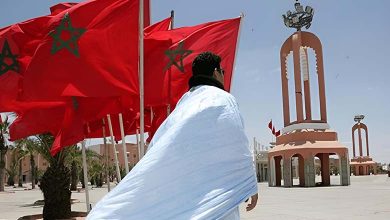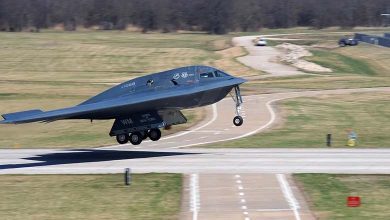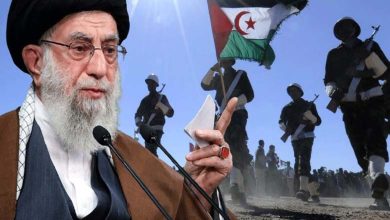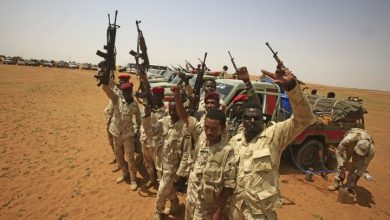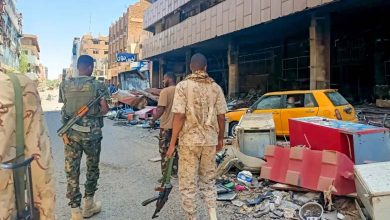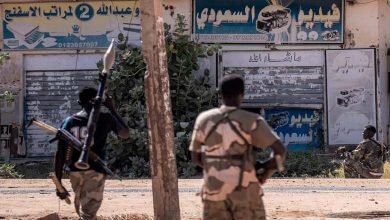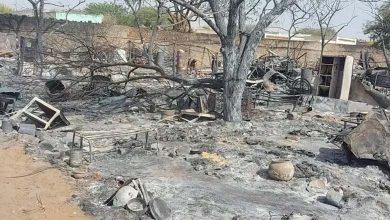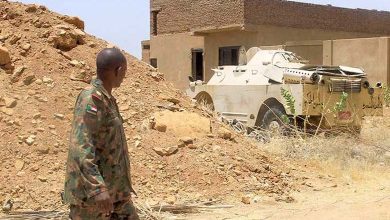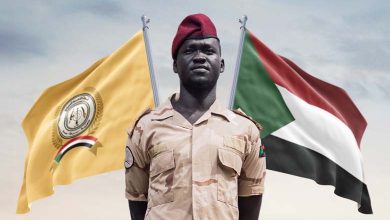The Addis Ababa meetings assess the ability of civil forces to stop the war in Sudan
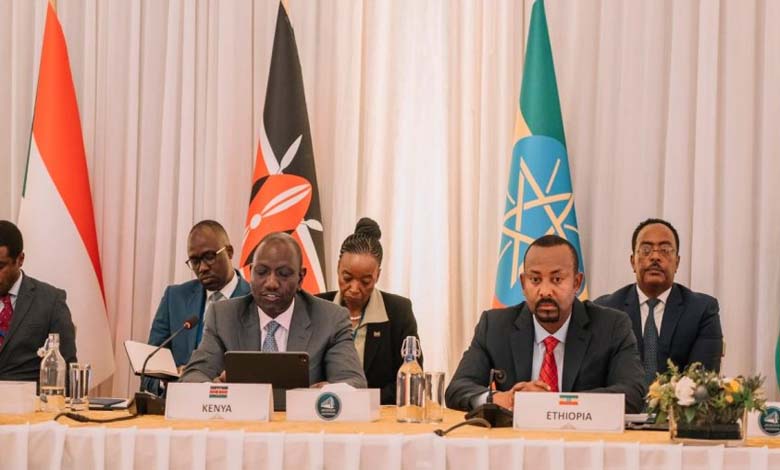
Analysts view the meetings of Sudanese political forces in Addis Ababa as a test of their strength and ability to impose a ceasefire and end the political vacuum in the country.
The preparatory meeting for the Civil Front for Ceasefire and Restoration of Democracy in Sudan began on Saturday at the Radisson Blu Hotel in Addis Ababa and continues until Tuesday. It involves the participation of various political forces, armed movements, professional bodies, and numerous trade unions.
The former Prime Minister, Abdullah Hamdok, is attending the meeting, indicating that its primary goal is to empower civil forces to return to power from the consensus base that was established after the fall of the former President Omar al-Bashir’s regime. This consensus had witnessed a high degree of understanding across various Sudanese segments, but it began to crumble when personal interests took precedence over national concerns.
This was exploited by the military institution to strengthen its political position. The forces participating in the Addis Ababa meetings aim to build a purely civil political narrative that excludes the army and the Rapid Support Forces. If they cannot exclude forces affiliated with either party, they have outlined general principles to be discussed to prevent any interpretation that favors one side.
The preparation for the preparatory meeting took time and was initiated a few days after the outbreak of the conflict in mid-April last year, following various movements by several forces and individuals seeking to reach a central point of convergence.
Many Sudanese voices blamed civil forces for the current war due to their political disagreements. The meetings took place under the auspices of the African Union and the Intergovernmental Authority on Development (IGAD), indicating a return to their active role after participating in arranging the transitional period, which revealed gaps and widened the gap between civil forces and the military institution. Therefore, one of the main objectives of the meeting is to unify visions on a national basis.
Observers say there is a real opportunity to redraw the internal political landscape that could put an end to a potentially prolonged war in Sudan, the extent of which remains uncertain as the battles have expanded between the warring factions and may reach relatively peaceful regions in the near future.
Observers also note that the civil forces’ action is necessary given the absence of the Sudanese conflict from the international community’s agenda and the escalating war in Gaza. Failure of the rational forces in Sudan to engage with the crisis may open the door to even darker scenarios within the fragile balances that the war is going through.
The meeting serves as a preliminary step to prepare for the final gathering, which will be determined by the preparatory committee, with the participation of all sectors of Sudanese society eager to stop the war and restore democracy after recent contacts with political forces and armed movements. The key participants in the meeting include the Forces for Freedom and Change, the Revolutionary Front led by Al-Hadi Idris, the Justice and Equality Movement led by Suleiman Sandal, the Republican Party, and the Alliance of Political and Civil Forces in East Sudan.
This is in addition to political forces from East Sudan, peace initiative supporters formed by civil society in Kordofan and Darfur, some resistance committees, various professional groups, and a number of democracy advocates with a presence in the public sphere.
One of the most critical issues for discussion is to define the political vision to end the war and the shape of the political process leading to the transfer of power to civil society. Additionally, the meeting will address building institutions and an anti-war and pro-democratic media discourse, humanitarian issues, mechanisms of the General Conference of the Civil Front, and the coordination mechanisms between the components of the preparatory meeting until the General Conference convenes.
Sudanese political analyst Hatem Elias stated, ‘The meetings are progressing towards announcing the broad civil front’s covenant, aimed at ending the war and forming a civilian government or what can be called an ’emergency government’ to deliver aid to the Sudanese people, arrange security and economic conditions, and repair the damage caused by the war while preparing for the upcoming elections.’
He added in a statement to ‘Al-Arab’ that ‘the formation of the front goes beyond the outcomes of the framework agreement that led to a dispute between the military and the Rapid Support Forces. The forces gathered in Addis Ababa believe that the war has become an existential threat to the Sudanese state, and there are frightening scenarios if it continues for a long time.’ He noted that the front will rely on what is achieved through the Jeddah platform and this is the foundation for a new setting in Sudan.
It’s an invitation to Sudanese to unite and rally around a program, with its top priorities being to end the war and form an emergency government. Elias emphasized that Hamdok‘s attendance demonstrates the overcoming of many disagreements between political forces, including the Forces for Freedom and Change, which were in dispute with him after reaching an agreement with the military component following the October 2021 coup.
He expected that many political forces will join the front in the coming days, which will increase pressure to stop the war. The dispute over the stance towards the dissolved National Congress Party threatened to explode the Addis Ababa conference before its start.
There are forces that support its participation, while others strongly oppose it, and a third group is trying to differentiate between it and the Islamic movement, which has left its mark on the current war.
The situation is still fluctuating, and it may return to participate in a later stage. The Popular Congress Party, founded by the late Islamic leader Hassan al-Tourabi, stated that it would not participate through its representatives but expressed its support for the step. It is in contact with the Forces for Freedom and Change to build a civil front that stops the war and restores democracy.
The Communist Party, in a statement on Saturday, pointed out that the call for the unity of civil forces and the formation of the broad popular front will not succeed unless it stands on previous experiences, critiques them to benefit from their positives, and addresses their negatives. The Arab Socialist Ba’ath Party announced its rejection of participation in the Addis Ababa meetings, describing them as being ‘held hostage to external dictates.’


